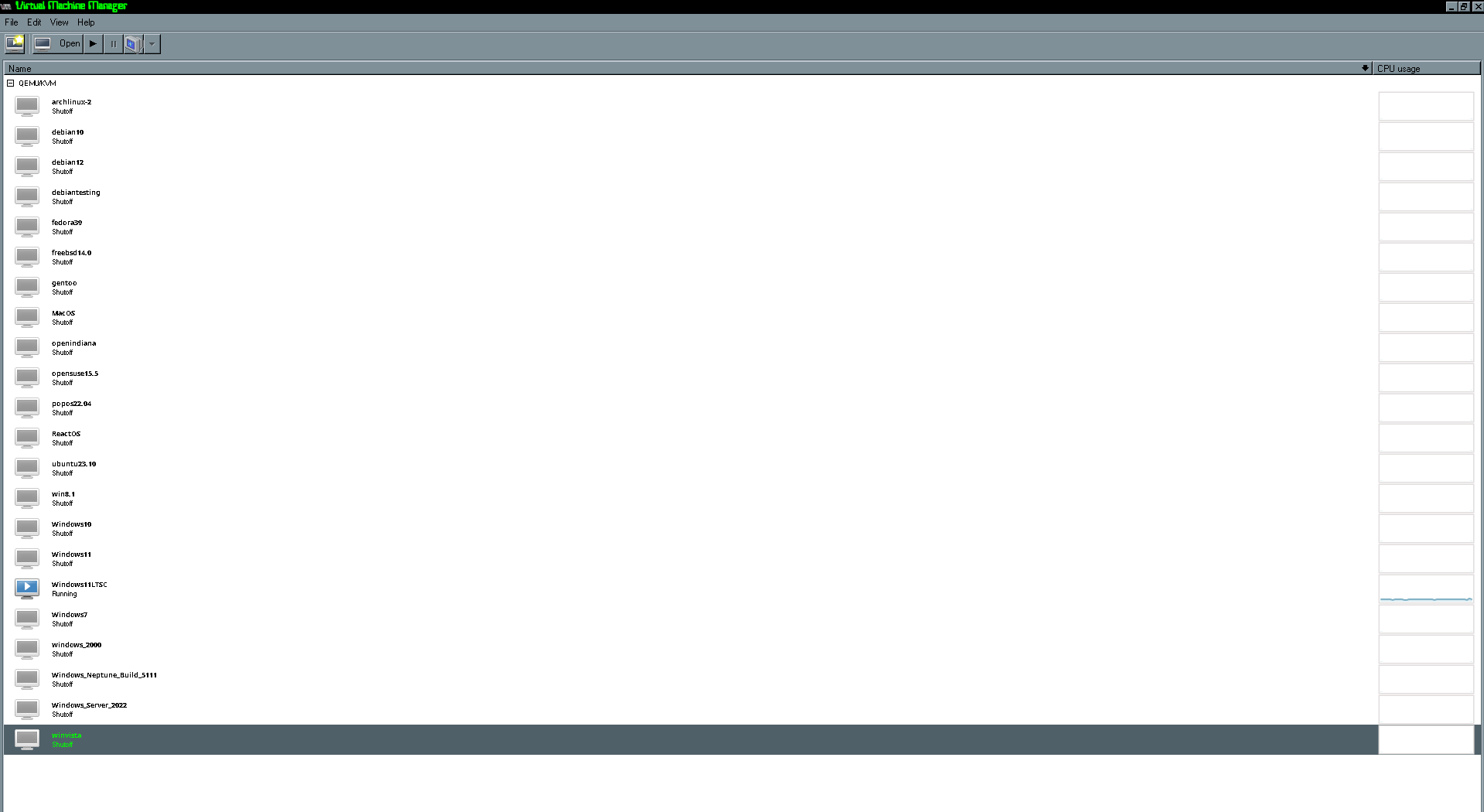176
this post was submitted on 28 Sep 2024
176 points (92.3% liked)
Linux
48315 readers
1240 users here now
From Wikipedia, the free encyclopedia
Linux is a family of open source Unix-like operating systems based on the Linux kernel, an operating system kernel first released on September 17, 1991 by Linus Torvalds. Linux is typically packaged in a Linux distribution (or distro for short).
Distributions include the Linux kernel and supporting system software and libraries, many of which are provided by the GNU Project. Many Linux distributions use the word "Linux" in their name, but the Free Software Foundation uses the name GNU/Linux to emphasize the importance of GNU software, causing some controversy.
Rules
- Posts must be relevant to operating systems running the Linux kernel. GNU/Linux or otherwise.
- No misinformation
- No NSFW content
- No hate speech, bigotry, etc
Related Communities
Community icon by Alpár-Etele Méder, licensed under CC BY 3.0
founded 5 years ago
MODERATORS
you are viewing a single comment's thread
view the rest of the comments
view the rest of the comments

Are you running macOS or Linux as your host? My MacBook is M1 and I found the performance running ARM windows and ARM Fedora via UTM (qemu) to be pretty good.
On the cheesegrater(2019 MacPro) it’s a little convoluted. During covid times it was my single box lab since it had so much memory (768TB). So I was running nested ESXI hosts and then VMs under that. I also have a M1 MacBook Pro that I had parallels run ARM VMs (mostly MacOS, Windows, and a couple of Debian installs I think).
I have been looking at VMWare alternatives at work so for the hypervisors I’ve been playing around.
I do this stuff for a living but I also do it home for fun and profit. Ok not so much profit. Ok no profit but definitely for the fun. And because I love large electric bills.
That’s a beast of a Mac. Wake on lan is your friend. I have the same problem with my Threadripper. I wrote a script that issues a WOL command to either start/unsuspend my Ubuntu machine so I can turn it off when not in use. It’s probably $70/month difference for me. Most of my virtualization is on Linux but I’ve moved away from VM Ware because QEMU/KVM has worked so well for me. You should check out UTM on the Mac App Store and see if that solves any of your problems.
ETA: https://mac.getutm.app/
Man this thread has taught me all sorts of things. I will definitely check out UTM. Thanks for that!!